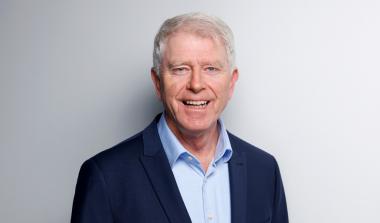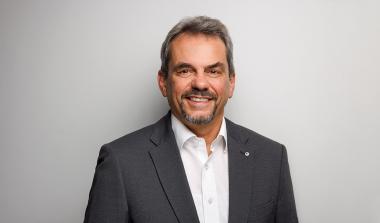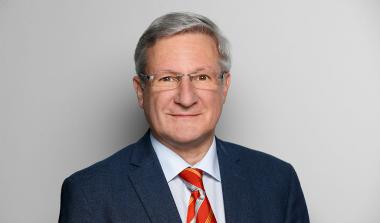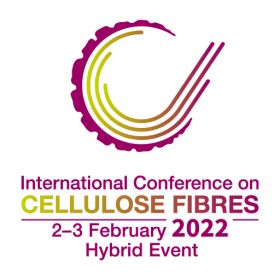Markus Milwich represents "Lightweight Design Agency for Baden-Württemberg"
Lightweight design is a key enabler for addressing the energy transition and sustainable economy. Following the liquidation of the state agency Leichtbau BW GmbH, a consortium consisting of the Allianz Faserbasierter Werkstoffe Baden-Württtemberg (AFBW), the Leichtbauzentrum Baden-Württemberg (LBZ e.V. -BW) and Composites United Baden-Württemberg (CU BW) now represents the interests of the lightweight construction community in the State.
The Lightweight Design Agency for Baden-Württemberg is set up for this purpose on behalf of and with the support of the State. The Lightweight Construction Alliance BW is the central point of contact for all players in the field of lightweight construction in the State and acts in their interests at national and international level. Professor Markus Milwich from the German Institutes of Textile and Fiber Research Denkendorf (DITF) represents the agency.
The use of lightweight materials in combination with new production technologies will significantly reduce energy consumption in transportation, the manufacturing industry and the construction sector. Resources can be saved through the use of new materials. As a cross-functional technology, lightweight construction covers entire value chain from production and use to recycling and reuse.
The aim of the state government is to establish Baden-Württemberg as a leading provider of innovative lightweight construction technologies in order to strengthen the local economy and secure high-quality jobs.
Among others, the "Lightweight Construction Alliance Baden-Württemberg" will continue the nationally renowned "Lightweight Construction Day", which acts as an important source of inspiration for a wide range of lightweight construction topics among business and scientific community.
Professor Milwich, an expert with many years of experience and an excellent network beyond the State's borders, has been recruited for this task. In his role, Milwich also represents the state of Baden-Württemberg on the Strategy Advisory Board of the Lightweight Construction Initiative of the Federal Ministry for Economic Affairs and Climate Action, which supports the cross functional-technology and efficient transfer of knowledge between the various nationwide players in lightweight construction and serves as a central point of contact for entrepreneurs nationwide for all relevant questions.
From 2005 to 2020, Professor Milwich headed the Composite Technology research at the DITF, which was integrated into the Competence Center Polymers and Fiber Composites in 2020. He is also an honorary professor at Reutlingen University, where he teaches hybrid materials and composites. "Lightweight design is an essential aspect for sustainability, environmental and resource conservation. I always showcase this in research and teaching and now also as a representative of the lightweight construction community in Baden-Württemberg," emphasizes Professor Milwich.
Deutsche Institute für Textil- und Faserforschung











